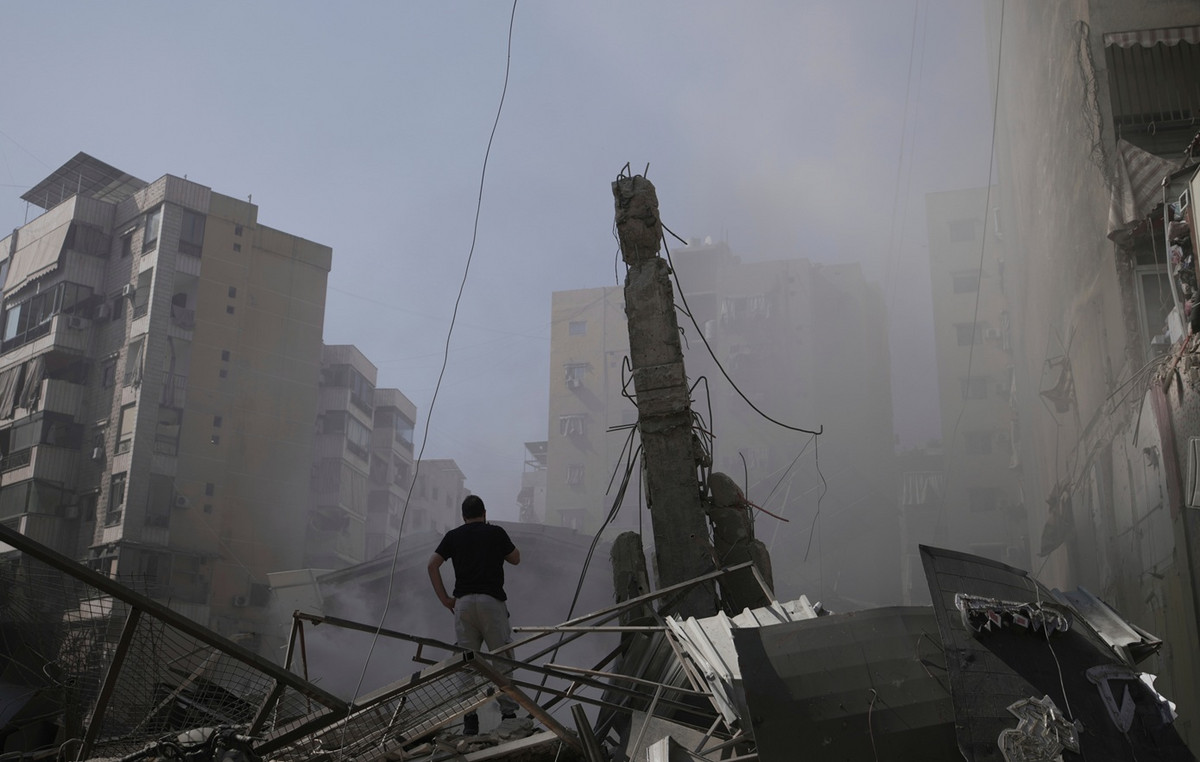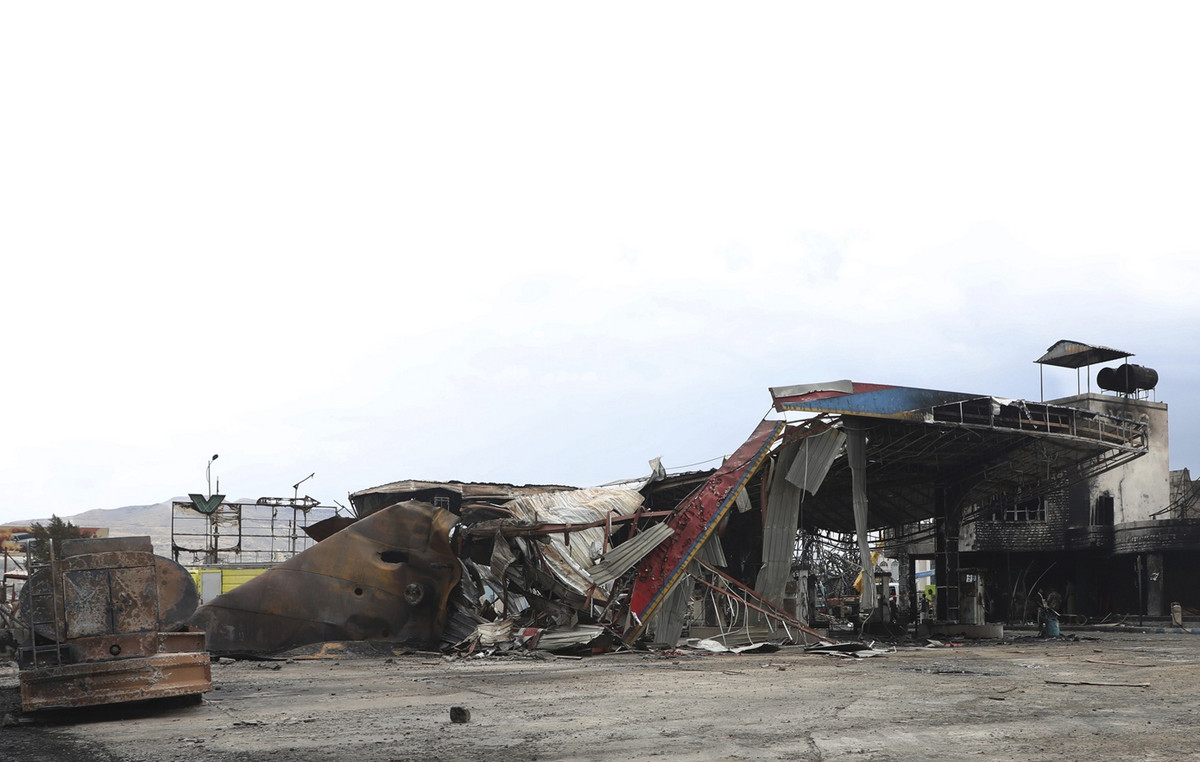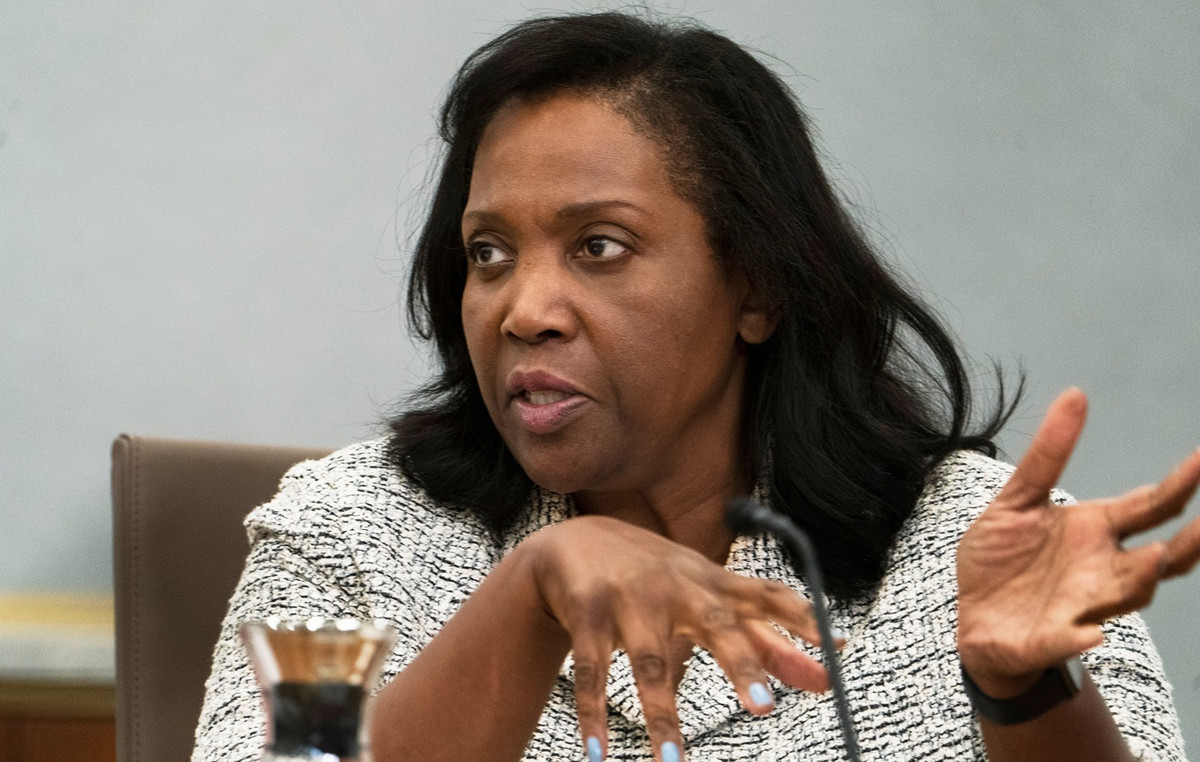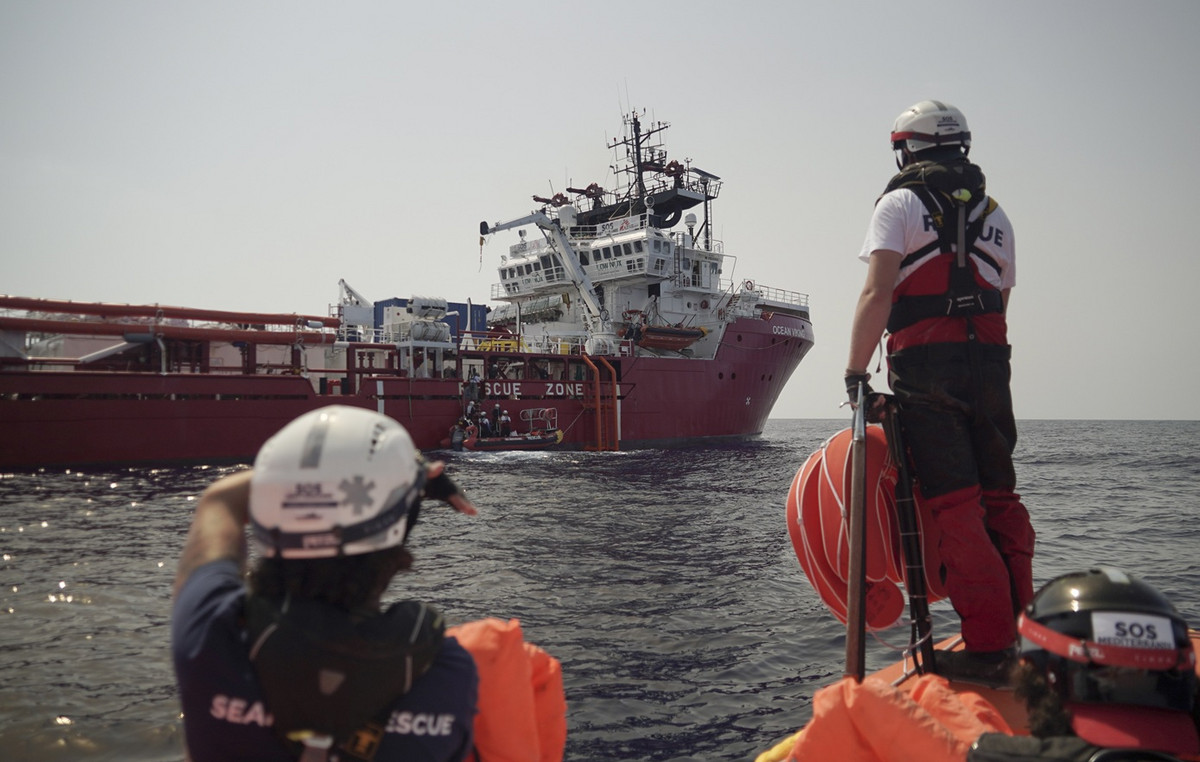The war in Gaza has been ongoing for six months and the patience of Israel's allies is running out. As the death toll in the enclave continues to rise, it is becoming increasingly clear that Israel does not have a viable plan to end the war or what comes next.
The determination to continue pursuing Hamas in Gaza despite dire humanitarian consequences is leaving Israel increasingly isolated on the global stage, with its government facing pressure from all sides.
Several international organizations have warned that Israel may be committing genocide and even the country's closest allies are now openly criticizing Prime Minister Benjamin Netanyahu. In the United States and the United Kingdom, calls for an end to the supply of weapons to Israel are growing.
At the same time, Netanyahu and his government are under increasing pressure at home, with protesters back on the streets in large numbers calling for his resignation.
Israel launched the war immediately after the October 7 terrorist attacks by Hamas. At the time, the Israeli government said the operation had two objectives: to eliminate Hamas and to bring back hostages taken by the militants to Gaza.
Six months after the conflict, none of the objectives have been achieved.
While the Israel Defense Forces (IDF) says it has killed thousands of Hamas fighters, most of the group's leadership in Gaza, including Yayha Sinwar, remains alive, and the group's political leaders are out of reach abroad.
More than 100 hostages were released, exchanged for Palestinians held in Israeli prisons as part of a truce agreement with Hamas in late November. But about 130 hostages, including 99 believed to still be alive, remain in Gaza.
Meanwhile, the toll of the war against the Palestinians has been horrific: more than 33,000 people, including thousands of children, have been killed since October 7, according to the Gaza Ministry of Health.
Additionally, some 75,000 have been injured and more than a million are on the brink of starvation, facing what international organizations say is “imminent famine.”

“I think (the war) has far exceeded anyone's expectations in terms of (its) duration and intensity and scale and mortality, and there is no end in sight,” said Khaled Elgindy, senior fellow and director of the Program on Palestine and Israel for Palestinian Affairs at the Middle East Institute.
However, Netanyahu refuses to change course. While he pledged to allow more aid into Gaza following an ultimatum this week from US President Joe Biden, he rejected calls for a humanitarian ceasefire and an end to the plan to invade Rafah, the southern Gaza city where more than one million people are currently sheltering.
“There is no viable plan for the future of Gaza, not just the next day, but even today. Nobody knows when this war will end, how it will end,” Elgindy told CNN .
No strategy for an end
Several experts told CNN that Israel was facing an impossible situation because the goal it set for itself – eliminating Hamas – is unattainable and very popular domestically.
Hamas has dominated Gaza since seizing power in 2007, controlling all government and security bodies, as well as the health, education and social systems.
“Israel cannot achieve its stated goal of eliminating Hamas, because Hamas is an integral part of Palestinian society in the West Bank and Gaza. Its popularity has increased in recent months,” said Nathan Thrall, a Jerusalem-based expert on the Arab-Israeli conflict and author of “A Day in the Life of Abed Salama: Anatomy of a Jerusalem Tragedy.”

“After Israel declared that it defeated Hamas in the north, you see that every week Israeli soldiers are dying in the north, so it is evident that Hamas will continue to exist after this war, whether Israel invades Rafah or not. Hamas is a great power on the ground and will remain so at the end of this war,” Thrall told CNN .
This means Israel's leaders have no viable way out of the conflict, Thrall explained.
“The realistic options in front of them are to continue to occupy Gaza indefinitely, which most Israelis do not want to do, or, alternatively, leave Gaza and have Hamas be the strongest power on the ground, whether or not it is the official face of the government. in Gaza,” he said.
Elgindy also said that the goal of destroying Hamas was never realistic. “I think even American officials belatedly realize that it is complete madness, that people are allowing this horror to continue as if the goal of destroying Hamas is more important than anything else in the world, including the future security of Israel,” he said.
“It's unrealistic because even if you destroy Hamas, you are creating something that will be much worse than the future. Because now you have 30,000 people who are dead, 17,000 orphans… what is their view of Israel and the United States when they grow up?”
Israel was a politically divided country before the October 7 attacks, paralyzed by months of large-scale protests against Netanyahu and his government, the most right-wing in Israel's history, and particularly the prime minister's judicial reform proposal.

But while these political divisions remain, the vast majority of Israelis support the war in Gaza, despite international outcry over the devastating impact on Palestinian civilians.
“The Israeli public is still traumatized from October 7th, they are still in revenge mode, some don't even want food to enter Gaza. Even if we don’t accept that it’s right, we can understand what their state of mind is,” Elgindy said, adding that while understandable, given the horrors of the October 7 terrorist attacks, this mindset should not influence international politics.
“We cannot allow this state of mind to dictate the policies of the US, the UK and the European Union. You need to have adults saying 'this is not acceptable; you can't use hunger as a weapon'. In other words, it doesn't matter that the Israeli public is not in the mood to stop this war. This needs to be forced upon them,” he said.
The number of Israeli soldiers killed in combat in Gaza since the start of the war has now exceeded 250. Despite being dwarfed by the Palestinian death toll, the losses are significant. Hamas killed more than 1,200 people on October 7.
No plans for the future
Harel Chorev, a senior fellow at Tel Aviv University's Moshe Dayan Center for Middle East and African Studies, told CNN that Israel's lack of a concrete plan is increasingly straining its relations with its allies.
“Our friends – America first, the United Kingdom, Germany, France – do not trust the government, who know what they are doing, who have a strategic plan for the next day; they don’t trust us to do the right thing,” he said.
Netanyahu revealed his plan for Gaza's post-Hamas future in late February, calling for “complete demilitarization” of the enclave and the closure of the territory's southern border with Egypt, as well as an overhaul of Gaza's civil administration and educational systems. He also rejected any pressure from the international community to recognize a Palestinian state.

Many of the proposals were directly opposed by key players at the negotiating table, including the US, Egypt and the United Arab Emirates.
“The plan was a page and a half, talking generically about the day ahead, using all kinds of code words that can be interpreted in all sorts of ways… people weren’t happy about it, our allies weren’t happy about it” , Chorev said.
At the same time, Israel continues to refuse to consider other proposals for the future of Gaza, HA Hellyer, senior associate in security studies at the Royal United Services Institute (RUSI) in London and a non-resident scholar at the Carnegie Endowment for International Peace in Washington DC, told CNN .
“There are a lot of credible plans, but none of them are viable, frankly, because of one obstacle. And that's the Israelis. The Israelis have made it very clear that they intend to have full security control over the entire territory, which, of course, makes it difficult for any plan that seeks to return authority to any other entity to work,” he said.
Netanyahu has also previously rejected the suggestion that the Palestinian Authority, which administers parts of the West Bank, could take control of Gaza, although the plan drawn up in February did not mention this.
Instead, the plan calls for “local entities” performing the public service.
“Again, this was left purposefully vague and could be interpreted in a number of ways. It could be local authorities, as some have interpreted it, and it could be interpreted as a revitalized Palestinian Authority,” Chorev said.
“Most likely what will happen is you will have an undefined Israeli military presence on the ground,” Elgindy said. “You will have something like a breakdown in law and order and more and more chaos. Then we will see warlords, gangs, clans… Gaza has become a place that is not really habitable. If there is anyone out there who believes that this is a situation that will bring security to Israelis, it is a completely delusional concept.”
Proposals to establish temporary international security control over Gaza are not viable given Israel's position, experts say.
“If Israel were to admit that it is an occupying power that needs to withdraw, as almost the entire international community insists, and not claim security control rights over territory in violation of international law, then you could have something similar to KFOR in Kosovo, an international force as a transition to the Palestinians taking responsibility for the territory,” Hellyer said, referring to the NATO-led peacekeeping force operating in Kosovo.
Thrall also said that most attempts to find alternative plans are unrealistic because of Israel's position.
“They would require putting enormous pressure on Israel and that is nowhere in evidence today,” he said, adding that this problem is unlikely to go away even if Netanyahu resigns.
“In terms of the actual policy towards Gaza, the conduct of this war, the use of the blockade of humanitarian aid as a means of pressuring Hamas in negotiations, the collective punishment of 2.3 million people in Gaza by cutting off food, water, electricity , these things, there is no big disagreement with traditional Israelis,” he said. Netanyahu insisted on an interview with CNN last month that his country's policy was to allow as much humanitarian aid as necessary into Gaza, a demand that has been widely contested.
Thrall said anyone potentially replacing Netanyahu as prime minister would likely come forward with similar plans.
Benny Gantz, who this week called for early elections and is widely considered a likely successor to Netanyahu as and when Israelis vote, is a member of Netanyahu's wartime government.
“He does not have a significantly different set of ideas for Gaza or for the future of Israel, Palestine or Palestinian sovereignty. And if you look at (fellow war cabinet minister) Gadi Eisenkot's plan, his Gaza plan, which was supposed to be a rebuttal against Netanyahu's totally unrealistic plan, was very similar to it,” Thrall said.
“Whether Netanyahu or someone else is not the central issue regarding the Palestinians.”
Source: CNN Brasil
Bruce Belcher is a seasoned author with over 5 years of experience in world news. He writes for online news websites and provides in-depth analysis on the world stock market. Bruce is known for his insightful perspectives and commitment to keeping the public informed.







